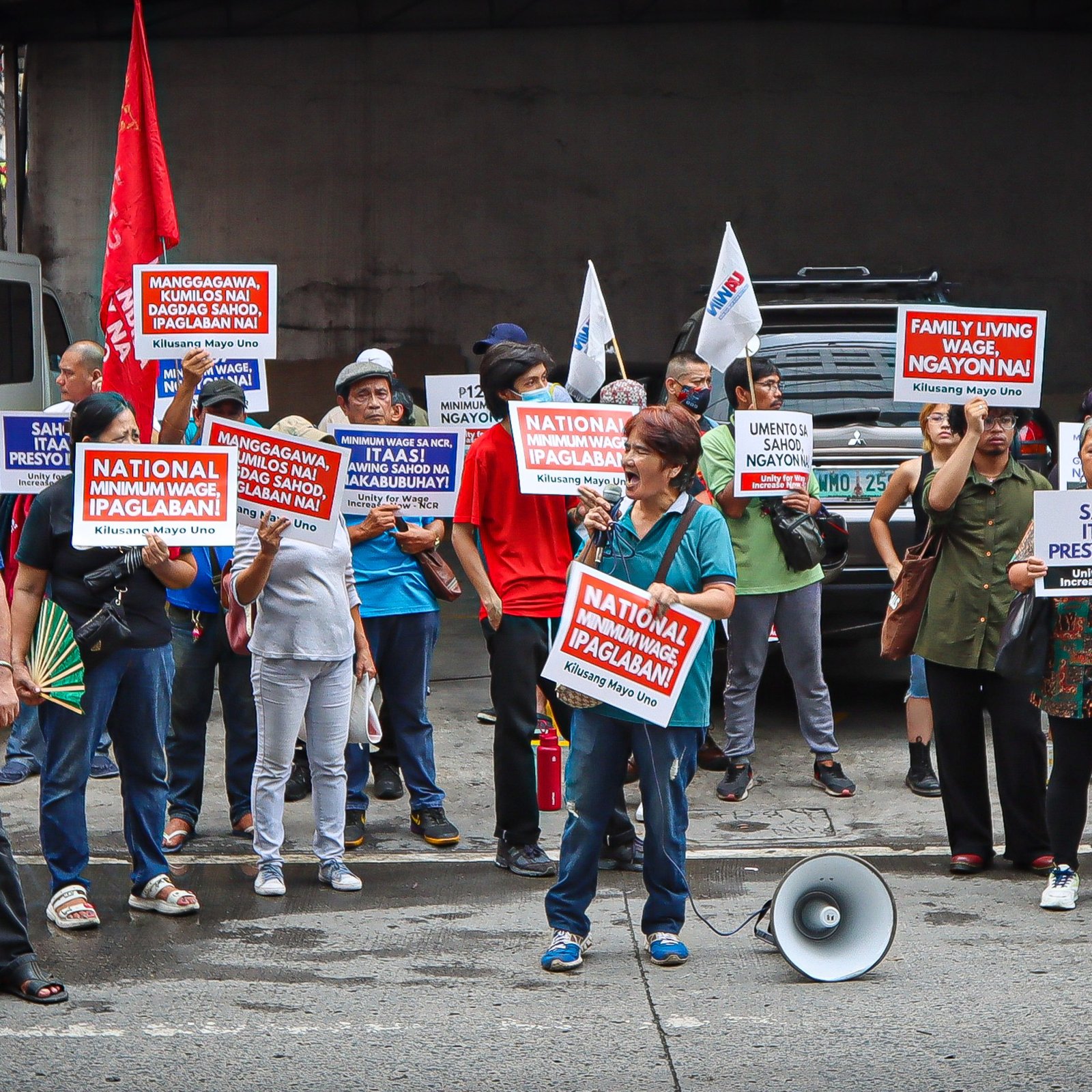Credit watcher Fitch Ratings and the International Monetary Fund (IMF) both see the effects of climate change making a negative impact on the Philippine economy.
Fitch Ratings said that the El Niño already affected food production and power generation, and the La Niña can cause strong storms that can affect economic activity.
On June 7, the Philippine Atmospheric, Geophysical and Astronomical Services Administration (PAGASA) said that the El Niño weather disturbance had officially ended, with only a few areas in the country expected to experience higher temperatures and heat indices. This also means the rainy season had already started.
“Droughts associated with the El Niño phenomenon are affecting agricultural production and electricity and water supply across parts of the country, while heavy rainfall expected during La Niña later this year also poses risks to economic activity,” Fitch said.

Meanwhile, IMF Mission Chief Elif Arbatli Saxegaard identified effects of climate change as a factor that can slow down Philippine gross domestic product (GDP) growth.
“Downside risks to the outlook stem from geoeconomic fragmentation, high interest rates, and climate-related shocks,” Saxegaard said.
And on Monday (June 10), the Department of Agriculture reported that damage to agriculture caused by the El Niño has reached almost P10 billion. This forced the government to disburse almost the same amount for assistance to farmers and fishers affected by the droughts and dry spells.
Because of theeffects of climate change, both Fitch Ratings and the IMF lowered slightly their GDP growth projections for the Philippines.
Fitch Ratings now sees Philippine GDP growing by 5.8%in 2024, which is below the 6.0% to 7.0% target of the government. The credit watcher added that it sees real GDP growth to remain above 6% over the medium term, which will be fueled by investment in infrastructure and reforms to trade and investment.
LOWER GDP FORECAST
For its part, the IMF lowered its GDP forecast for this year to 6% percent from the earlier 6.2%.
To recall, Philippine economic growth during the first quarter of the year reached 5.7%, which is below the 6% to 7% target of the government. Analysts were also expecting a 5.9% GDP growth in the first quarter.
To prop up economic growth especially over the long term, Saxegaard said the Philippines must attract more foreign direct investment (FDI) and promote ease of doing business.
Nonetheless, the IMF official sees the country’s economic growth increasing to 6.2% next year.
“We think that some of the measures, for example, some of the factors, including continued declines in inflation, as well as the monetary policy easing that is associated with that, will be probably even more supportive in 2025 given the lags,” she said.
“And the push for investment, that’s true because there’s a lot of efforts on the way and a lot of legislative reforms that were already implemented, that were already passed and they will be implemented over time. So a lot of these impacts and maybe higher FDI and investments, private investments, will also play out in a more strong way in 2025 than in 2024,” she added.
(PNA photo by Joan Bondoc)










